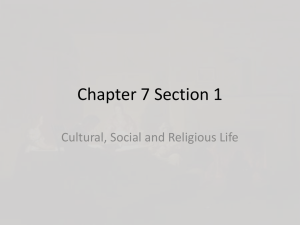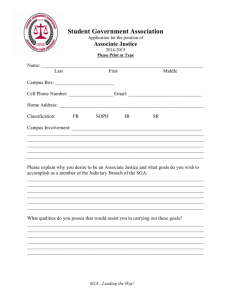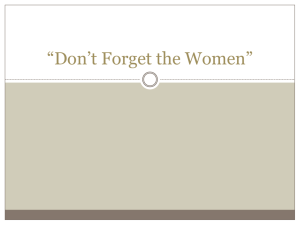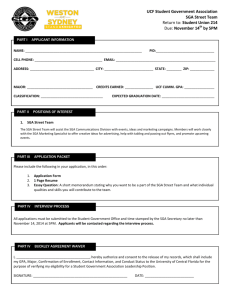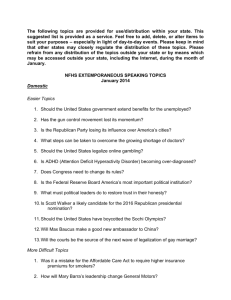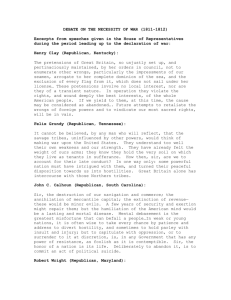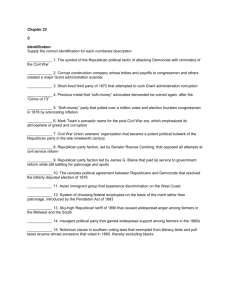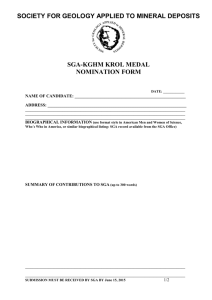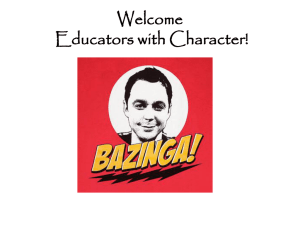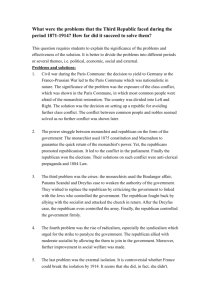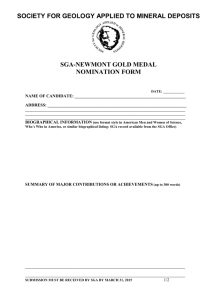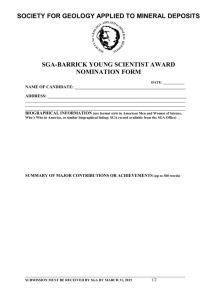Chapter 7 Section 1
advertisement
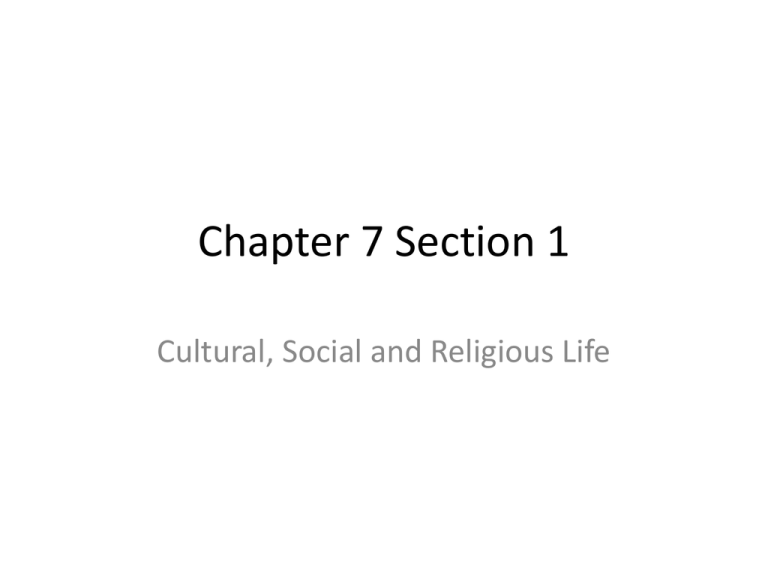
Chapter 7 Section 1 Cultural, Social and Religious Life What makes a society unique? • Scholarship • Art • Education Benjamin Rush • • • • Doctor Scientist Revolutionary Represented PA in Continental Congress Charles Wilson Peale • Artist Phillis Wheatley • Young enslaved woman from Senegal • Became a poet Republican virtues • • • • • Self reliance Hard work Frugality Harmony Sacrificing for the good of the community Republican Woman • One who had the virtues that would help her contribute to the success of the republic. Social changes • Population growth • Social mobility- people were free to move place to place Religious Renewal • Second Great Awakening- Powerful religious movement from the early 1800s – Evangelical in nature Evangelical • The Bible is the final authority • Salvation is achieved only through personal belief in Jesus Christ • People demonstrate beliefs by living a “transformed lifestyle” Congregation • Members of the church – Focus was on the congregation rather than the ministers • SGA was very democratic because of this Revival • Common feature of SGA • Gathering where people were “revived” or brought back to a religious life – Listening to preachers – Accepting Jesus New Denominations • Religious subgroups • Experienced rapid growth during SGA • Baptists, Methodists, Unitarians, Mormons, etc… What were Republican Virtues, and why were they considered important? What factors drove population growth in the early 1800s? How did the Second Great Awakening lead to the growth of new Christian denominations? Mercy Otis Warren • Was Mercy Otis warren a good example of a “republican woman”? Why or why not?
